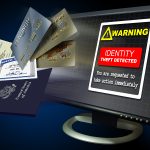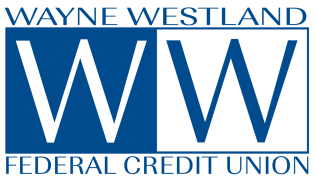 Defined as when one person masquerades under the identity of another, identity theft has flourished in recent years with the advent of online, faceless Internet lending and credit transactions.
Defined as when one person masquerades under the identity of another, identity theft has flourished in recent years with the advent of online, faceless Internet lending and credit transactions.
Although it is almost impossible for consumers to completely guard themselves against identity theft, the Federal Trade Commission (FTC) and other consumer agencies suggest the following best practices that may help reduce the risk of loss.
- Before you reveal any personal, identifying information, find out how it will be used and whether it will be shared with others.
- Pay attention to your billing cycles. Follow up with creditors if your bills don’t arrive on time. A missing credit card bill could mean an identity thief has taken over your credit card account and changed your billing address to cover his tracks.
- Guard your mail from theft. Deposit outgoing mail in post office collection boxes or at your local post office. Promptly remove mail from your mailbox after it has been delivered.
- Put passwords on your credit card, bank, and phone accounts. Avoid using easily available information such as your mother’s maiden name, birth date, phone number, and child’s name.
- Minimize the identification information and number of cards you carry to what you’ll actually need.
- Do not give out personal information over the phone, through the mail or via the Internet unless you have initiated the contact or know whom you’re dealing with.
- Keep items of personal information in a safe place. Be sure to tear or shred receipts, copies of credit applications, insurance forms, bank checks, and statements before disposing.
- Be cautious about where you leave personal information in your home, especially if you have roommates, employ outside help, or are having service work done in your home.
- Find out who has access to your personal information at work and verify that the records are kept in a secure location.
- Give out your Social Security number only when absolutely necessary. Ask to use other types of identifiers when possible.
- Don’t carry your Social Security card; leave it in secure place.
- Order a copy of your credit report from each of the three major credit reporting agencies every year. Make sure it is accurate and includes only those activities you’ve authorized.
- Only do business with Internet companies that use a secure form to capture private information (such as an account number or credit card number). For example, you can tell if the form is secure if the lock or key symbol on your browser status bar is solid instead of broken or open and https appears in the URL line.
- Avoid the temptation of purchasing a product from a merchant or through an auction site where the deal looks too good.
If you feel you have been a victim of identity theft, contact the FTC’s Identity Theft Hotline toll-free at 1-877-IDTHEFT (438-4338); by mail: Identity Theft Clearinghouse, Federal Trade Commission, 600 Pennsylvania Avenue, NW, Washington, DC 20580; or online.
Provided Compliments of culink.com


